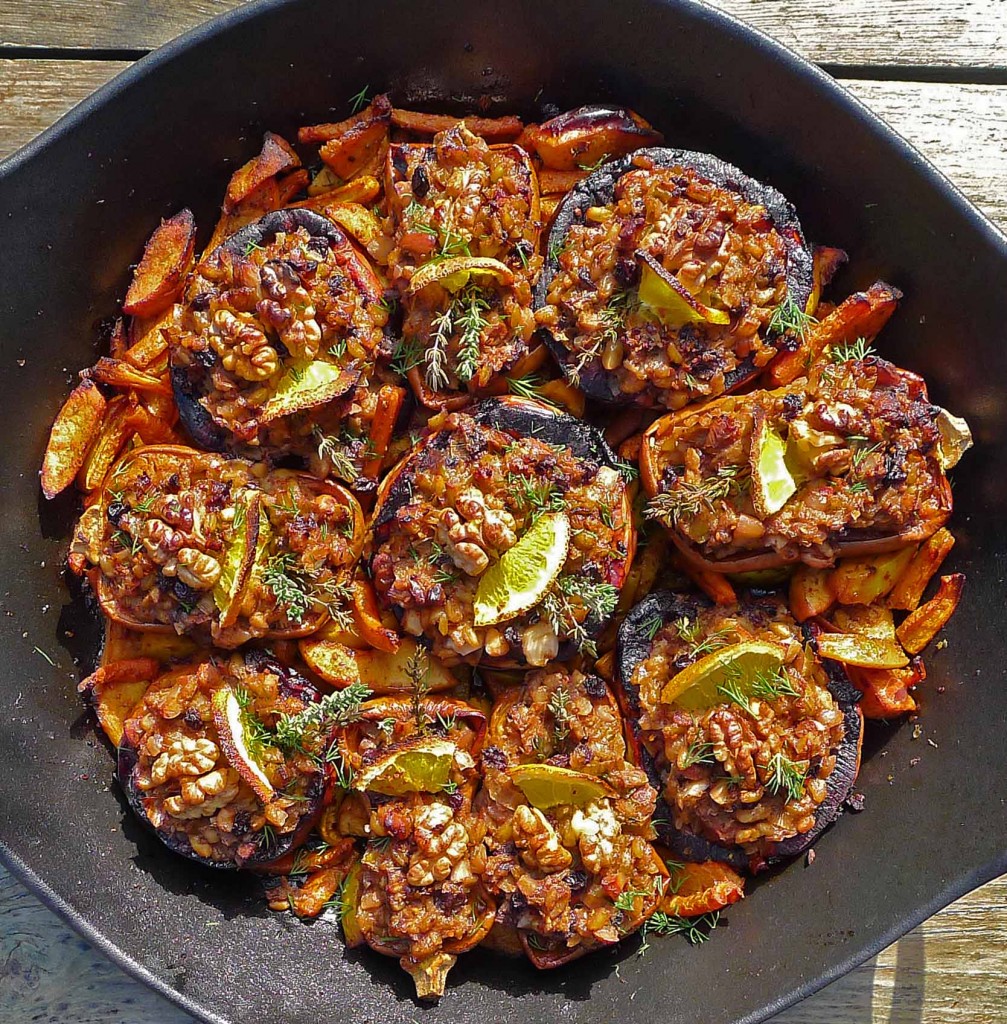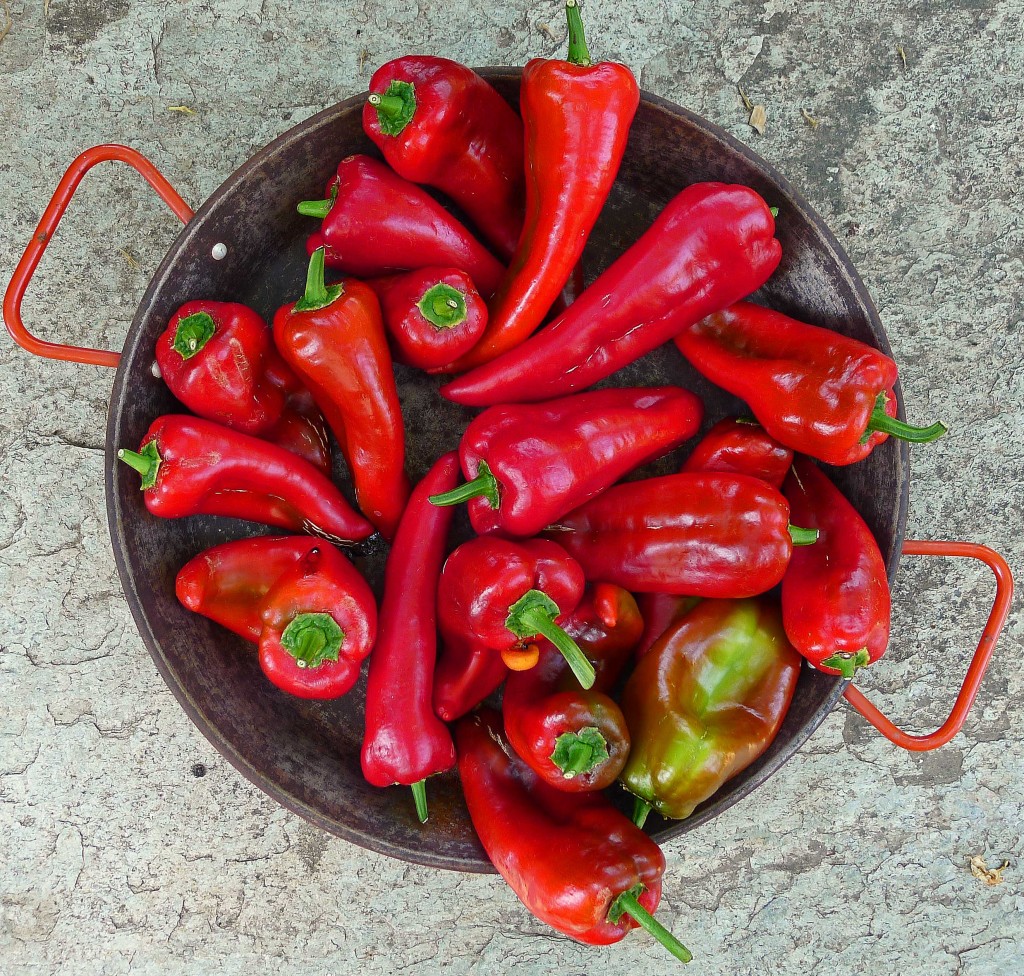I think this is a perfect main course for your winter dinners and lunches, especially for the Thanksgiving spread.


My dear fiend, the renowned chef Ana Sortun brought me again honey-nut-squash to Cyprus (!) where we met recently for yet another wonderful Oldways trip.
Here on Kea I cook them together with quince, and you can do the same, or use them as a substitute, in case you cannot get the fragrant old apple-like fruit, which is for us the epitome of the Mediterranean winter.
 I had the chance to taste this incredible, sweet squash, whose skin is also edible, at Oleana, a few years ago. (more…)
I had the chance to taste this incredible, sweet squash, whose skin is also edible, at Oleana, a few years ago. (more…)










